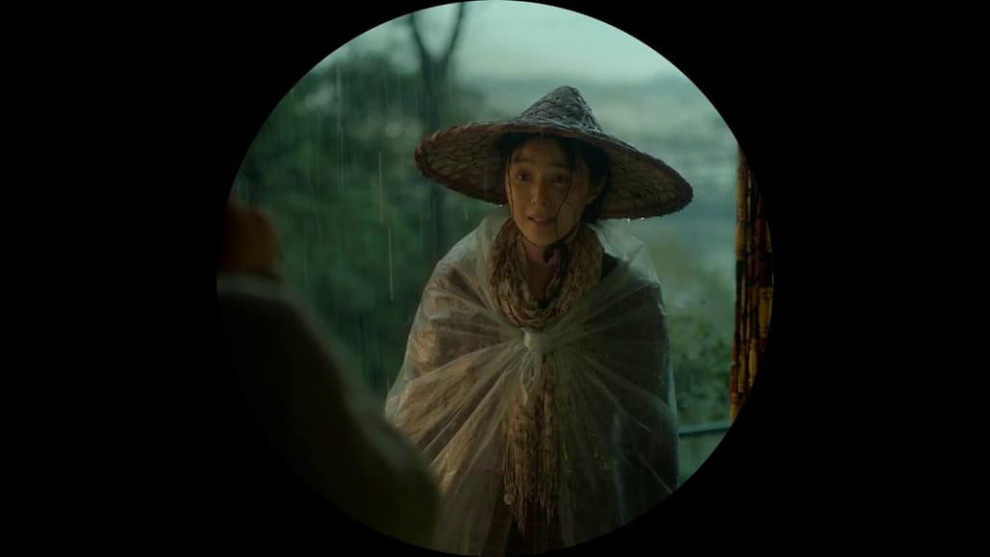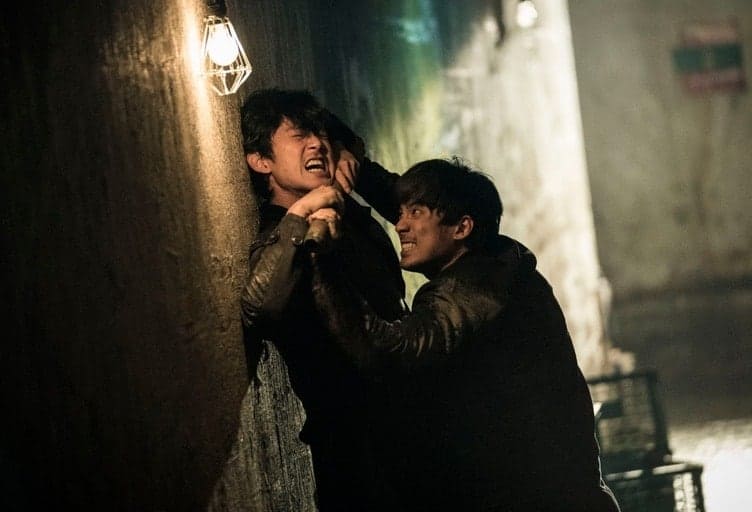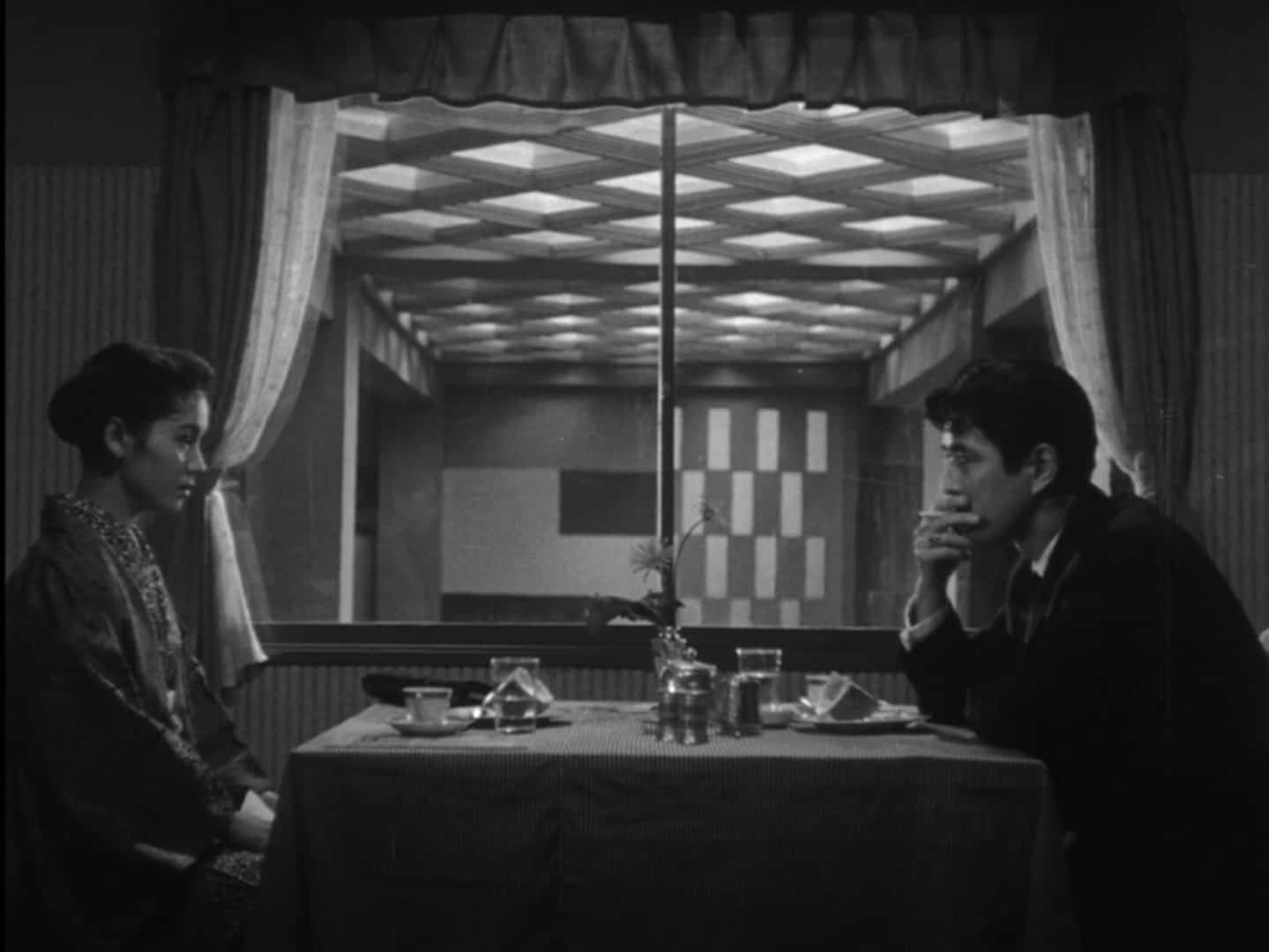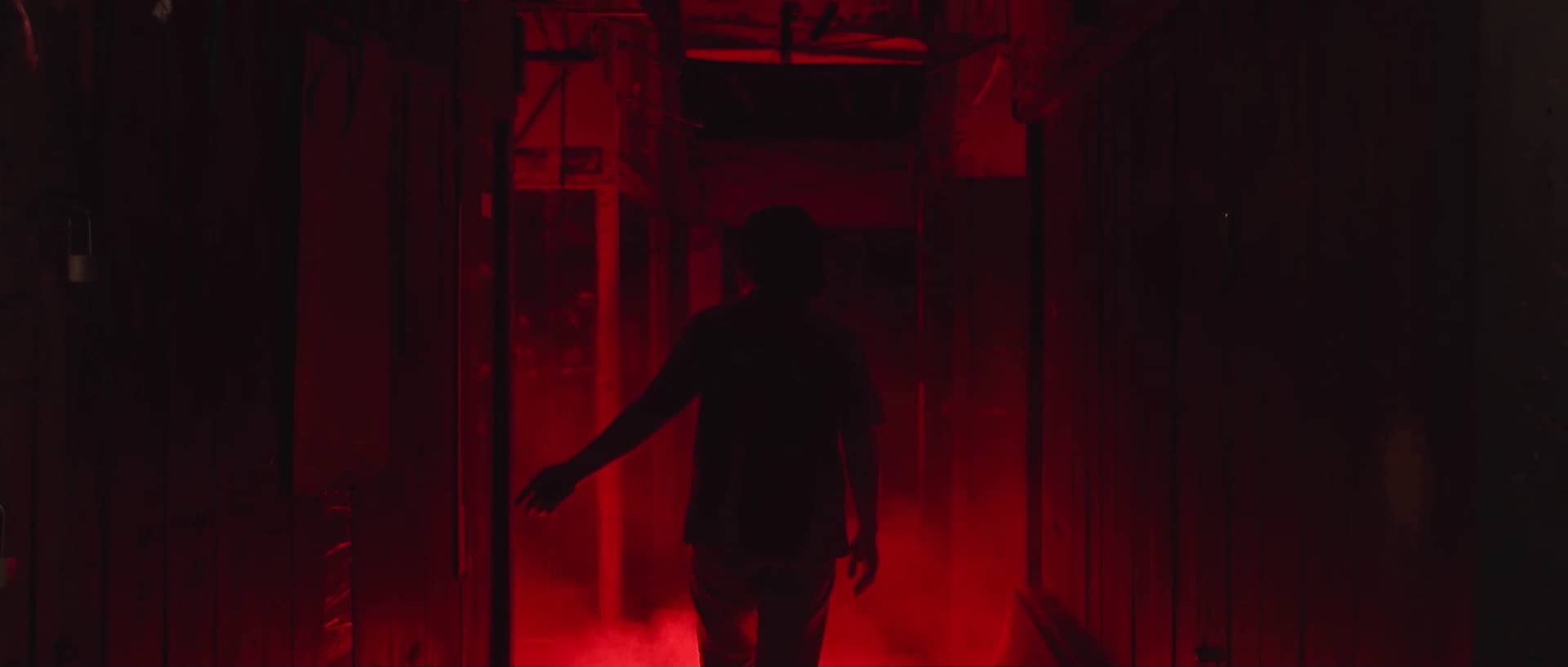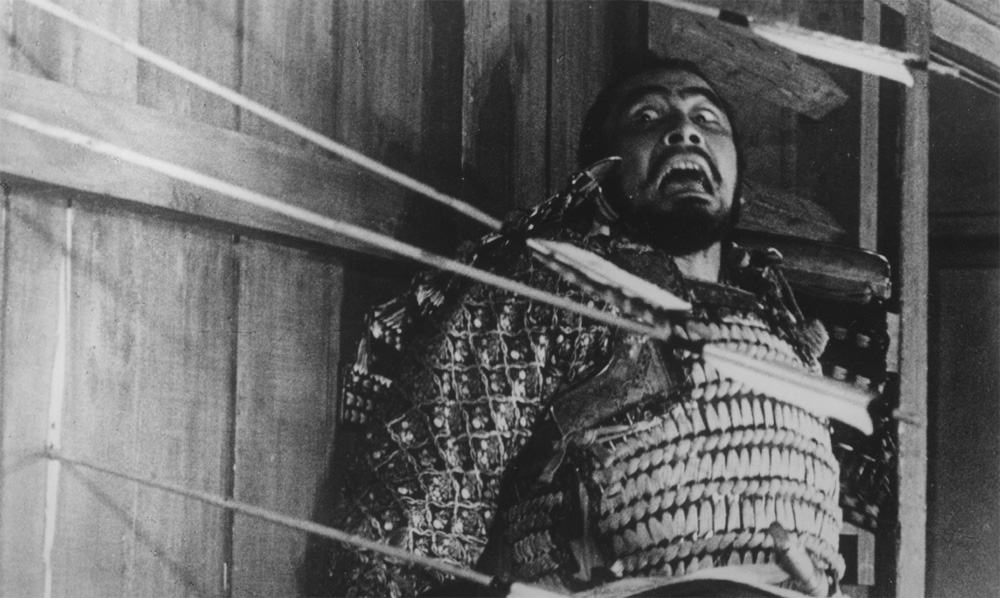The film marks the second collaboration of director Feng Xiaogang, writer Zhenyun Liu (who actually adapts his own novel) and actress Fan Bingbing. The first one was “Cell Phone”, the latter's debut, 12 years before.
Buy This Title
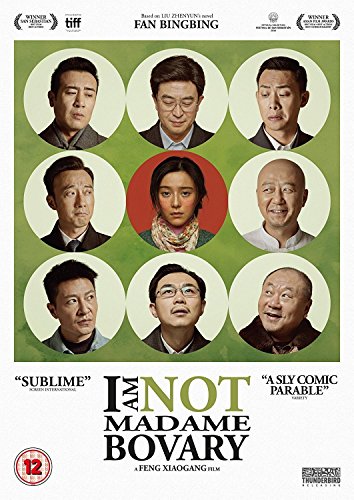
In a story that reminded me much of Zhang Yimou's “The Story of Qiu Zu,” the script revolves around Lian, a woman determined to face the whole judicial system, in order to find justice. The film starts with the story of Pan Jinlian, the Chinese version of Madame Bovary, a woman whose infidelity led to murder. The connection, however, is revealed later.
In the beginning of the story, Lian pleads to a judge, who is a distant relative, in order to revoke her divorce. She explains that the divorce was fake, as she and her ex-husband took it in order to to get a better apartment. However, her husband swindled her and actually married another woman, even taking the apartment they had their eyes on. Now, Lian wants to revoke the divorce, in order to remarry him, and then take an actual divorce. Of course, her plead sounds completely unreasonable and the court that takes her case decides that the divorce is real, considering that the papers are legal.

Lian is disappointed, but becomes more determined and starts leading her case as far up the bureaucratic ladder she can. Her actions start worrying people, but to no avail to her cause. Furthermore, when she finally decides to confront her ex-husband, he publicly humiliates her by naming her Pan Jinlian. Even more determined, and after pleading unsuccessfully to her brother and a butcher who is in love with her to kill her husband and the bureaucrats who have denied her, she decides to continue pursuing her case legally, on her own.
Ten years pass and she is still on the case, despite the fact that she has opened a small tavern. Furthermore, the power seems to have shifted, as many higher-ups seem to beg her to stop, fearing her persistence, since her efforts have led to the dismissal of many of them.
Feng Xiaogang directs a film that deals with the discrepancies of the Chinese judicial and bureaucratic system, but takes a fable approach by focusing on a character whose persistence and reasoning are rather comical. In that fashion, he managed to shoot a very entertaining picture, with the trait heightened even more by the concept of a “peasant” creating fear in the hearts of many officials, with her utterly unexpected actions and resolve.
The movie uses a rather unusual image technique, with a circular format for the scenes occurring in Lina's hometown and a rectangle for the ones in Beijing. This technique is obviously inspired from the formats of Chinese paintings, as shown in the introduction of the film, and also highlights Luo Pan's cinematography. In that aspect, Luo presents many images of beauty and realism, usually in medium or long shots. The one on a bridge over a river, the one where she scapes, and the one where it is snowing on the mountains stand apart.
An unrecognizable, glamoured-down Fan Bingbing gives a great performance in the protagonist role, with a character whose stubbornness lingers somewhere between the comic and the dramatic. Her performance stays realistic despite the preposterousness of the character's concept, as she wonderfully portrays a wide array of sentiments, including frustration, despair, resolve, shame, etc. The rest of the cast includes a number of bureaucrats “suffering” from Lian's shenanigans, with Da-Peng playing the one who endures her the longest as Wang Dongdao, and Zonghan Li her husband. The fact that the rest of the cast is comprised solely of men, gives an added meaning to Lian's heroics.
“I am not Madame Bovary” functions, in principle, as most of the Chinese art-house films, which tend to be a bit “heavy.” However, due to the unusual imaging, intelligent humor and Fang Bingbing's acting, it manages to become rather entertaining and to stand out from the plethora of similar productions.


